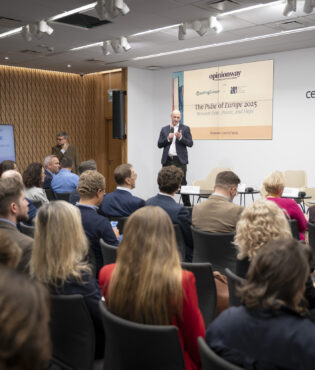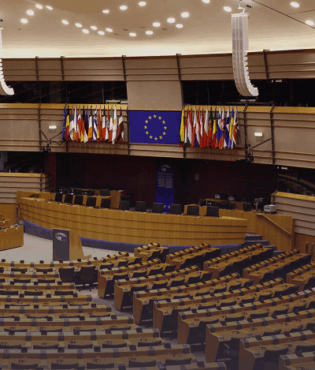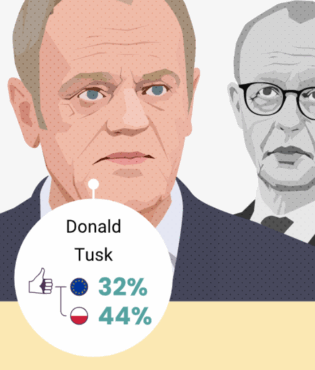Introduction
The project has been conducted for Sciences Po for 15 years, and for the first time in 2024, we measured the level of trust in Polish society. As it turned out, trust in Poland is significantly lower than in other EU countries (France, Germany, and Italy) covered by the study.
The overall conclusion of the study resonates with the results of other studies and observations of Polish society – we are still less trusting than other European nations. The detailed results are very interesting. As you might guess, we trust our loved ones the most (82% of Poles declare trust in their family), but contrary to what one might think, we are not leaders in this respect – in other countries, this indicator is 92-93%.
And the less we know other members of society, the more cautious we are – only 49% of us trust our neighbors, 35% trust people of other nationalities, and 31% trust followers of other religions. In each case, these results are as much as 20-30 percentage points lower than in other countries. Does this mean that we are xenophobic? Not necessarily. Poland remains a relatively monocultural country – on average, we know few people of other nationalities or religions, which naturally means that we do not have many opportunities to gain trust in them.
The survey was conducted in Poland three months after the elections and one month after the change of government. This specific moment certainly influenced the results relating to our attitude towards politics and our general well-being. Poles declared a high level of interest in politics, and at the same time, most of us—compared to other nations—described our state of mind as “calm” or “well-being.”
However, this does not mean that we have suddenly gained complete trust in politicians and are satisfied with the political situation. Only about a quarter of us rate Polish politicians as “rather honest” (the rest consider them “rather corrupt”), and a similarly low percentage of respondents express trust in the government, the Senate, or the Sejm. For each of these questions, the results are significantly lower than in other European Union countries.
Despite everything, as many as 84% of Poles have a positive opinion of democracy as a political system (which is more or less in line with declarations in other countries), and 80% believe that participation in elections can have a real impact on reality (which is slightly higher than in other countries).
These are just a few selected results from the report, which refers in great detail to our trust in specific individuals, organizations, and institutions, and also provides a diagnosis of our social well-being against the backdrop of the political system.
As Nicolas Curtelin, CEO of OpinionWay Poland, says, “A detailed study of political trust is particularly important in times of populism and a global crisis of democracy. I am very pleased that, starting this year, we are also conducting the study in Poland, drawing on the experience of outstanding political science experts from Sciences Po.”
The OpinionWay group has been conducting the Political Trust Barometer survey for 15 years. From the outset, the project has been carried out in France, in collaboration with CEVIPOF (the political research center at Sciences Po, one of France’s grandes écoles). Over time, Germany and Italy have been included in the survey. This year, we conducted the survey in Poland for the first time.
You wish to have more information on this case study ?





